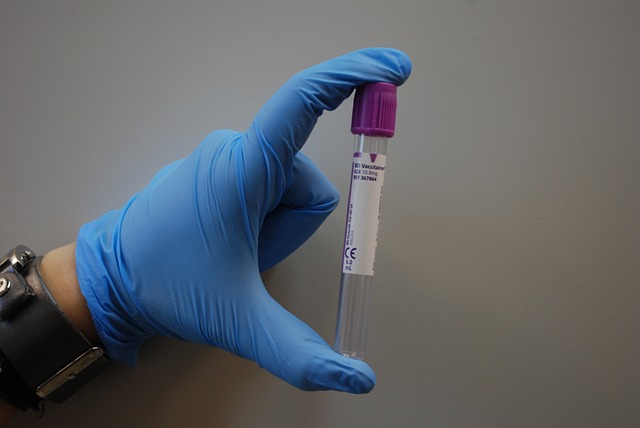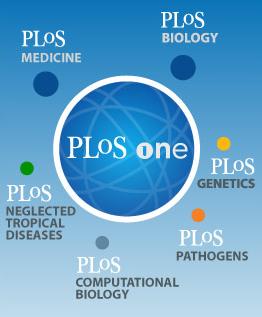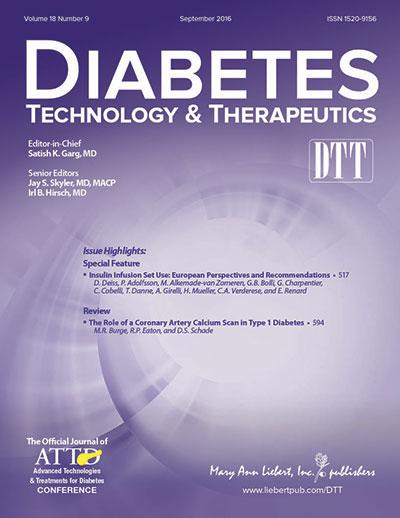Fathers could increase the risk of both their children and their grandchildren inheriting obesity, according to new research from University of Adelaide.
In laboratory studies, researchers from the University's Robinson Institute have found that molecular signals in the sperm of obese fathers can lead to obesity and diabetes-like symptoms in two generations of offspring, even though the offspring are eating healthily.
The results of the research are published online in The FASEB Journal.
"A father's diet changes the molecular makeup of the sperm. With obese fathers, the changes in their sperm � in their microRNA molecules � might program the embryo for obesity or metabolic disease later in life," says the lead author of the paper, Dr Tod Fullston, who is an NHMRC Peter Doherty Fellow with the University's Robinson Institute, based in Dr Michelle Lane's Gamete and Embryo Biology Group.
"For female offspring, there is an increased risk of becoming overweight or obese. What we've also found is that there is an increased chance of both male and female offspring developing metabolic disease similar to type 2 diabetes.
"This is the first report of both male and female offspring inheriting a metabolic disease due to their father's obesity," he says.
The study also extended into the second generation of progeny, which showed signs of similar metabolic disorders, including obesity, although it was not as severe as the first generation.
Dr Fullston says even if the obese father does not show any signs of diabetes, metabolic disease similar to diabetes was being seen in two generations of their descendants.
"It's been known for some time that the health of a mother before, during and after pregnancy can impact on her child's health, but the father's health during this period is often overlooked," Dr Fullston says.
"If our laboratory studies are translatable to humans, this could be a new and as yet unexplored intervention window into the epidemic of childhood obesity.
"A focus on the mother's health is extremely important, but we're seeing that the father's health is also important for conception. It's possible that by showing additional attention to diet and exercise in the father, this could have a positive impact on his future children and grandchildren."
Source: University of Adelaide







